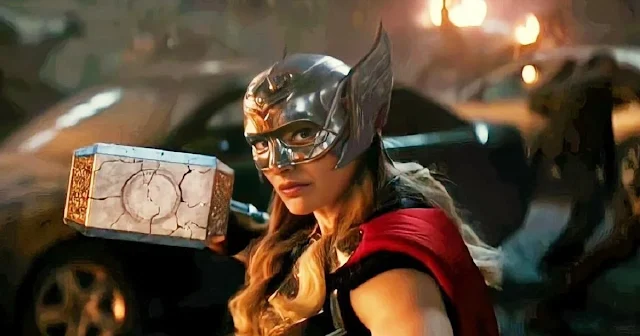Cast: David Bradley, Freddie Fletcher, Lynne Perrie, Colin Welland, Brian Glover, Bob Bowes, Bernard Atha. Screenplay: Barry Hines, Ken Loach, Tony Garnett, based on a novel by Hines. Cinematography: Chris Menges. Art direction: William McCrow. Film editing: Roy Watts. Music: John Cameron.
I have to admit that I put off watching Kes because it sounded like the kind of movie to which I am averse, stories about children and animals that inevitably end in tears and uplift: tales of a boy and his dog like Old Yeller (Robert Stevenson, 1957) or a boy and his deer like The Yearling (Clarence Brown, 1946). Kes, a story about a boy and his bird, does end in tears, but the uplift is there only if you’re capable of reflecting on what a remarkable film Ken Loach has made by avoiding sentimentality. I’m certainly not the only one who sees the film as rooted in Dickens (setting aside his own sentimentality). It has the same hatred of bullying and bad education that beset his young protagonists, and there are characters who are drawn with the same broad strokes Dickens used. The headmaster of the school, Mr. Gryce (Bob Bowes), is given to long-winded preambles to his infliction of pain, rambling on about how he knows that the thwacks he’s about to give to the palms of the miscreants won’t do anything to change their ways, but nevertheless taking an obvious delight in the act. And Dickens might well have created Mr. Sugden (Brian Glover), the school’s physical education master who delights in tormenting the boys during their football lesson while pretending to be a great soccer star. I can only reflect how disappointed Dickens, who died in 1870, would have been to see how little things had changed in the life and education of the working poor in the century after his death.

















































